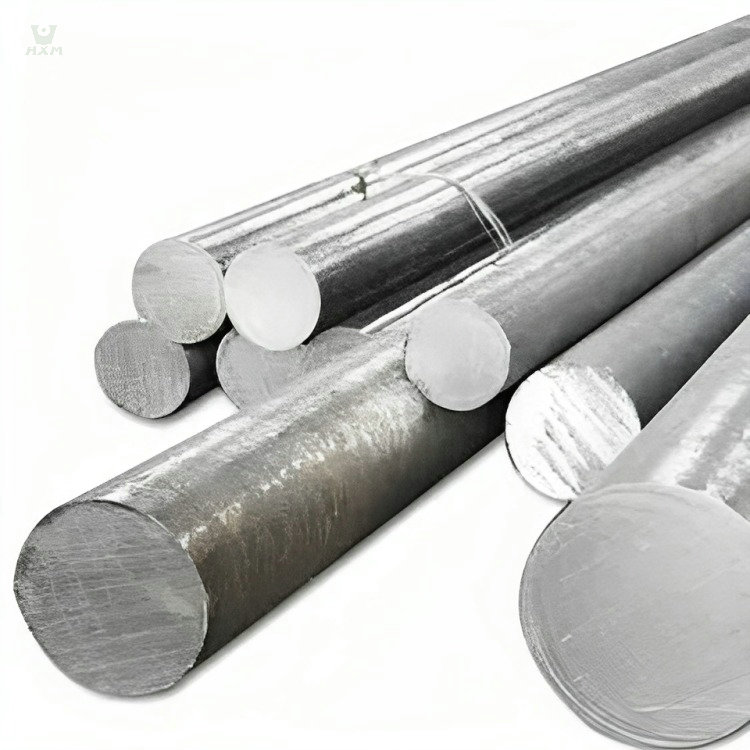What is the best steel for knives?
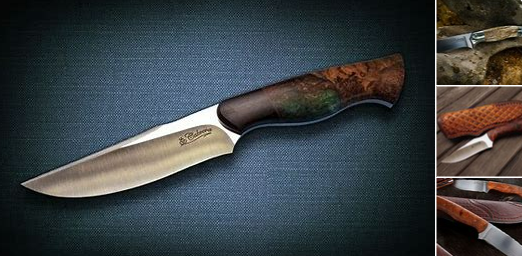
- May 24, 2024
How To Choose Best Steel for Knives?
Choosing the best steel for knives can be a complex decision due to the diverse range of properties each type of steel offers. Knife enthusiasts, chefs, and outdoor adventurers each have their preferences based on specific needs. The best steel for knives depends on various factors including hardness, toughness, edge retention, corrosion resistance, and ease of sharpening.
Knife Steel Composition
The composition of knife steel significantly impacts its performance. The primary elements in knife steel are iron and carbon, but various alloying elements are added to enhance specific properties.
- Carbon: Increases hardness and edge retention.
- Chromium: Enhances corrosion resistance.
- Vanadium: Improves wear resistance and toughness.
- Molybdenum: Increases hardness and corrosion resistance.
- Cobalt: Enhances edge retention and hardness.
Crucial Factors in Choosing Best Steel for Knives
When determining the best steel for knives, several key factors should be considered:
Hardness of knife steel
Hardness is a measure of a steel’s ability to resist deformation. The Rockwell Hardness Scale (HRC) is commonly used to measure knife steel hardness. Higher HRC values indicate harder steel, which generally retains a sharper edge for longer periods. However, harder steel can be more brittle and prone to chipping.
Toughness of knife steel
Toughness refers to the steel’s ability to withstand impact without chipping or breaking. A tough steel can absorb energy and resist cracking. This is particularly important for knives that will be used in demanding conditions, such as outdoor survival knives or heavy-duty kitchen knives.
Edge Retention of knife steel
Edge retention is the ability of the knife to maintain its sharp edge over time. Steels with high hardness and wear resistance tend to have excellent edge retention. This property is crucial for knives that require long-lasting sharpness, such as chef’s knives and pocket knives.
Corrosion Resistance of knife steel
Corrosion resistance is essential for knives exposed to moisture, food acids, or harsh environments. Stainless steels, which contain significant amounts of chromium, offer excellent corrosion resistance. This is particularly important for kitchen knives and outdoor knives used in wet conditions.
Ease of Sharpening of knife steel
While hard steels hold an edge longer, they can be more difficult to sharpen. Softer steels, although easier to sharpen, may require more frequent maintenance. The best steel for knives balances edge retention with ease of sharpening, ensuring the knife can be maintained with reasonable effort.
Best Steel For Knives—3 Popular Knife Steels
Several steel types are renowned for their performance in knife making. Let’s explore some of the best steel for knives across different categories.
High-Carbon Stainless Steels
High-carbon stainless steels offer a combination of hardness, edge retention, and corrosion resistance. Popular choices include:
- VG-10: A Japanese stainless steel known for its excellent edge retention, corrosion resistance, and ease of sharpening. VG-10 is commonly used in high-quality chef’s knives.
- S30V: A premium stainless steel with exceptional edge retention, toughness, and corrosion resistance. It is popular in high-end pocket knives and outdoor knives.
Tool Steels
Tool steels are known for their extreme hardness and wear resistance. They are often used in heavy-duty applications where edge retention is critical.
- D2: A semi-stainless tool steel with high carbon and chromium content. D2 offers excellent edge retention and wear resistance but is more challenging to sharpen.
- M4: A high-speed tool steel with outstanding edge retention and toughness. M4 is favored in hard-use knives and competition cutting blades.
Powder Metallurgy Steels
Powder metallurgy steels are made using a process that results in a fine-grained, homogeneous microstructure, offering superior performance.
- CPM-S35VN: An advanced stainless steel with a balance of edge retention, toughness, and corrosion resistance. It is an upgrade from S30V, providing improved performance and ease of sharpening.
- Elmax: A high chromium-vanadium-molybdenum alloy with excellent edge retention, toughness, and corrosion resistance. Elmax is popular in premium knives for its all-around performance.
Carbon Steels
Carbon steels do not contain significant amounts of chromium, making them more prone to rust but easier to sharpen and with exceptional toughness.
- 1095: A high-carbon steel with excellent toughness and ease of sharpening. 1095 is favored in survival and bushcraft knives for its reliability and ease of maintenance.
- 52100: A high-carbon, chromium-containing steel known for its toughness, edge retention, and ease of sharpening. It is often used in custom and high-end knives.
Selecting the best steel for knives project demands careful research since different steel grades and types offer varying properties. The final product’s intended use dictates the choice of steel. For blades intended for tooling or industrial use, tool steels like M4 and D2 are recommended. Kitchen knives can be made from stainless steel or carbon steel, based on your need for rust resistance. For bowie knives or machetes, carbon steel is the preferred option due to its durability.
Categories
Recommended Articles
Subscribe to our news
Tags
Calendar
| M | T | W | T | F | S | S |
|---|---|---|---|---|---|---|
| 1 | 2 | 3 | 4 | 5 | 6 | |
| 7 | 8 | 9 | 10 | 11 | 12 | 13 |
| 14 | 15 | 16 | 17 | 18 | 19 | 20 |
| 21 | 22 | 23 | 24 | 25 | 26 | 27 |
| 28 | 29 | 30 | ||||
Building The Future
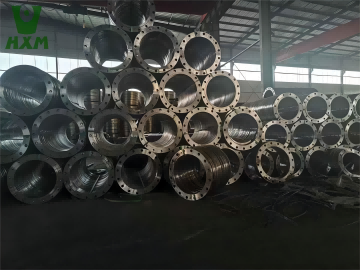
Chromium Metal vs. Stainless Steel: What’s the Difference?
Chromium Metal vs. Stainless Steel: What’s the Difference? Chromium Metal vs. Stainless Steel: What’s the Difference?
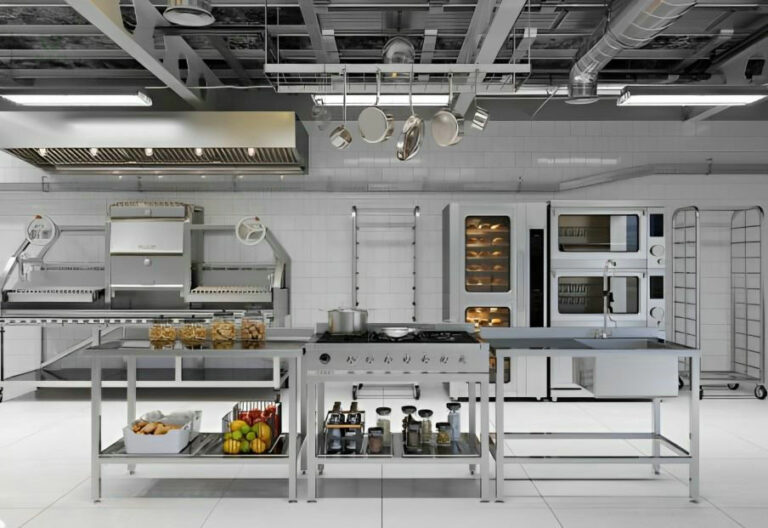
Is Stainless Steel Non Reactive?
is stainless steel non reactive? When we think about food safety, healthcare and various applications,
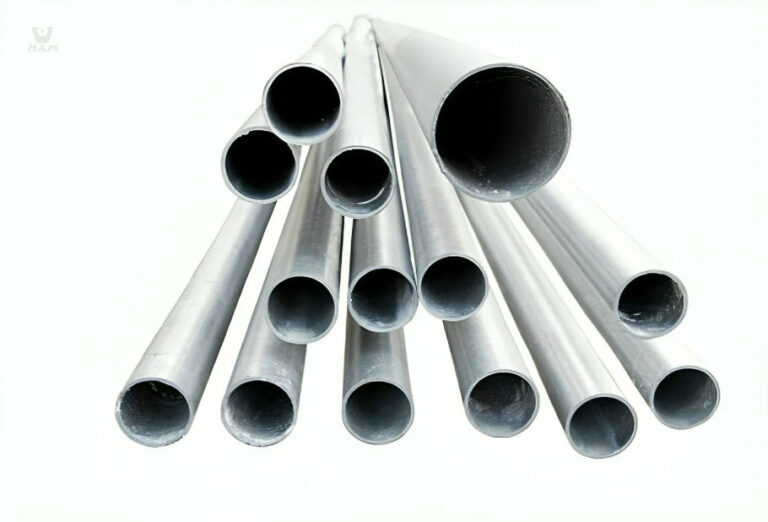
Seamless 317L Stainless Steel Pipe
Seamless 317L Stainless Steel Pipe Suppliers Size Range: From 4mm4mm to 800mm800mm Wall Thickness Range:


